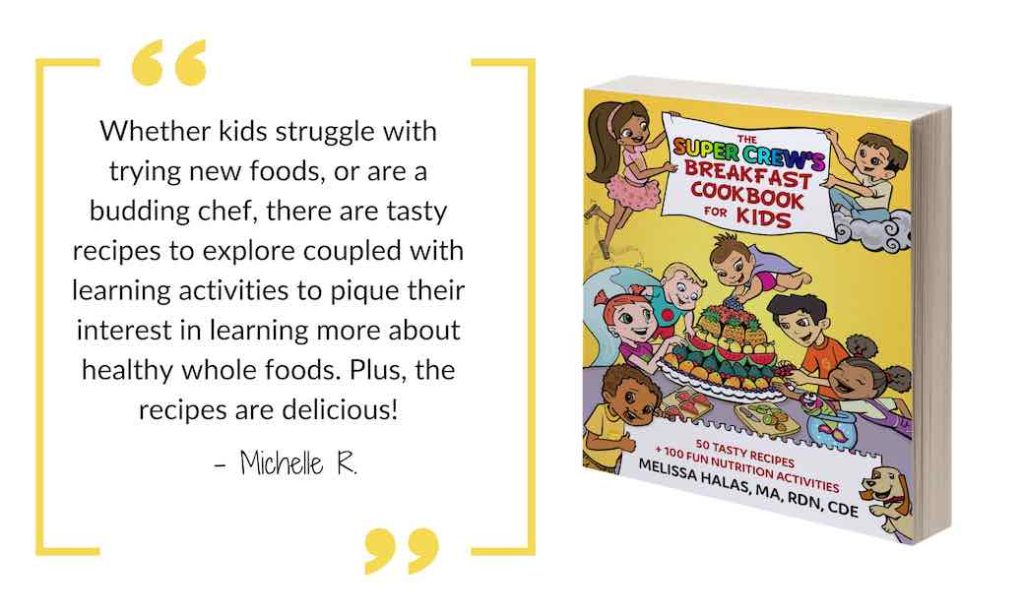
While the holidays can make you feel pooped…they can also make pooping a struggle. Use these tips to prevent constipation in kids and adults.
Thanks to all the holiday gifts, treats, and festivities, you may be eating a lot more but pooping a whole lot less. This holiday season, keep your digestion regular for a feel-good, healthier, and happier self. Check out these effective yet easy to implement strategies to get your digestion back on track to keep your gut healthy and prevent constipation in kids.
Stick to a regular eating schedule
The holiday season can throw your entire eating schedule out of whack. Skipping meals. Eating at odd hours. Endlessly large dishes. How can the digestive system keep up? Instead, go back to basics to avoid getting backed up by focusing on consuming three balanced, regular-sized meals per day, with snacks in between as needed. For optimal digestive function, do your best to avoid eating late at night, sit down for your meals, eat slowly, and chew your food well. (1)
Focus on fiber to prevent constipation
Fiber-filled plant-based foods tend to be side-lined during the holiday season, usually making carbohydrate or fat-heavy meals the star of the show. But, these low-fiber options can be the culprit of a slower than usual digestive system. While it’s okay to indulge in delicious treats or special holiday dishes, make sure to do so in moderation and pair them with fiber-boosting options when available.
Better yet, make a tasty fiber-licious recipe for your next small holiday gathering. Fiber is essential for improving colonic motility and plays a vital role in keeping your bowel movements consistent. It’s recommended that women and men between the ages of 19 and 50 consume 25 to 38 grams of fiber per day, respectively.(2) For kids, it depends on their age (see our fiber guide based on age), and most kids don’t get nearly enough (2). Fiber is one of the keys to preventing constipation in kids and adults.
Is your family not getting enough? Skip the all-or-nothing mentality and introduce fiber gradually with water to allow your gut to digest and avoid bloating or uncomfortable gas. (3) Remember, slow and steady wins the race…or a trip to the bathroom.
Ways to Boost Fiber Intake
Here are a few tips to boost your fiber intake:
- Look for ways to add in extra fruits and veggies and eat the skin! When using baked apples in a cookie recipe, keep the skin!
- Focus on whole grains over refined alternatives.
- Here’s where to find more fiber in whole grains.
- Add in some beans and legumes to dishes.
- Check nutrition labels. Foods that have between 3 to 5 grams of fiber per serving are good sources of fiber.
- Eat some seeds! Experiment with seeds such as chia, flax, pumpkin, hemp, and more!
- Start adding up your fiber for a few days, are you getting the recommended amount?
Get more sleep
Skimping on sleep or irregular sleep patterns may contribute to constipation in kids and adults. (4) Moms and dads need between 7 to 9 hours of sleep each night and maintain a consistent schedule. Kids need more (see our sleep recommendations for kids). Improve the quality of your zzz’s by keeping your bedroom cool, quiet, and dark. (5)
Stress less to keep your digestive system happy
Stress can turn your digestive system into a mess, ultimately contributing to constipation or diarrhea. (3) Keep your anxiety levels to a minimum with regular self-care—whatever that looks like for you! Carve out some time in your daily schedule to unwind, whether it be a cup of tea, an evening walk, zoom night with friends, warm bath, meditation practice, or a good book. Teach your kids healthy ways to decompress starting at an early age.
Drink more water and less alcohol
Adequate hydration and functioning digestion often go hand-in-hand. (6) Aim to get in at least 6 to 8 glasses of water per day. (3) Check out our hydration recommendation for kids based on age. Keep in mind that alcohol can lead to dehydration and exacerbate symptoms in those prone to constipation. (6) While the holidays may seemingly be surrounded by alcohol, be sure to consume it in moderation and alongside plenty of water. I always tell my parents I’m so grateful they modeled a healthy relationship with alcohol. Kids are more aware than you think! For optimal rehydration, remember to sip, don’t chug. Check out these tasty non-alcoholic holiday beverages for inspiration.
Stay active to prevent constipation!
With the holiday season’s hectic-ness, it can take some extra planning and effort to stick to that regular exercise routine. Aside from the heart and mental health benefits of physical activity, staying active can also reduce constipation.(1) So, pump up the holiday tunes and try out these fun ways to make family time active.
- Did you know? Some studies have found that practicing yoga can help reduce constipation. (1) Plus, yoga is also a great way to let go of some of that holiday stress! My favorite easy-breezy online yoga class is Amazon Prime’s Yoga for the Inflexible. Discover what you like best with your family.
Use a step stool!
There isn’t anything to gain from added strain! Instead, use a step stool (around 5-6 inches for adults, or higher for kids) to properly position your legs. This stool forces your body into an almost squatting position, removing stress on your colon and allowing you to poop strain-free. If constipation persists, talk to your doctor and ask for a referral to a dietitian.
During these year’s festivities, make actionable goals to help keep your digestion regular and feel better. For more ways to prevent transform your household’s mealtime habits that boost fiber, check out my books: “Healthy Eating for Families, The Ultimate Nutrition Guide for Kids, Parents, and Educators” and “The Super Crew’s Breakfast Cookbook for Kids, 50 Tasty Recipes + 100 Fun Nutrition Activities.”

Preventing constipation in kids and adults doesn’t have to be difficult – and using these easy strategies can make a big difference during the holidays and the rest of the year!












